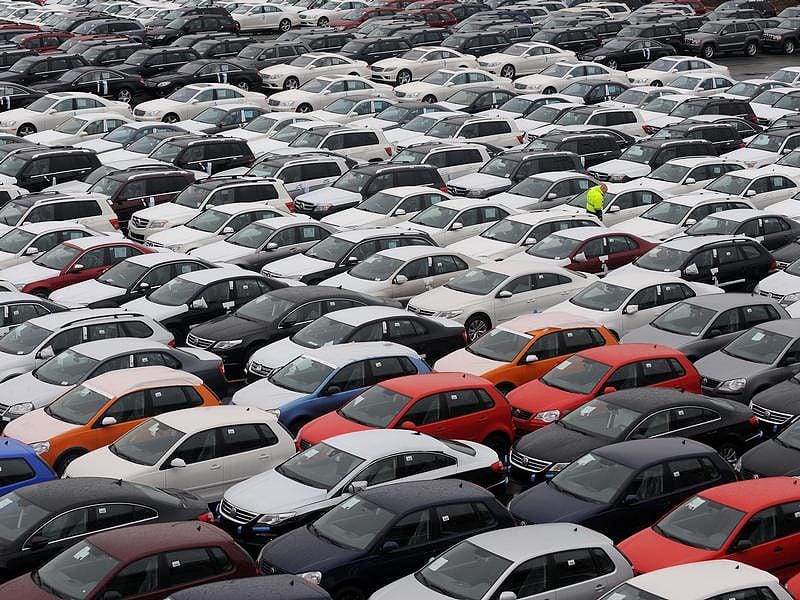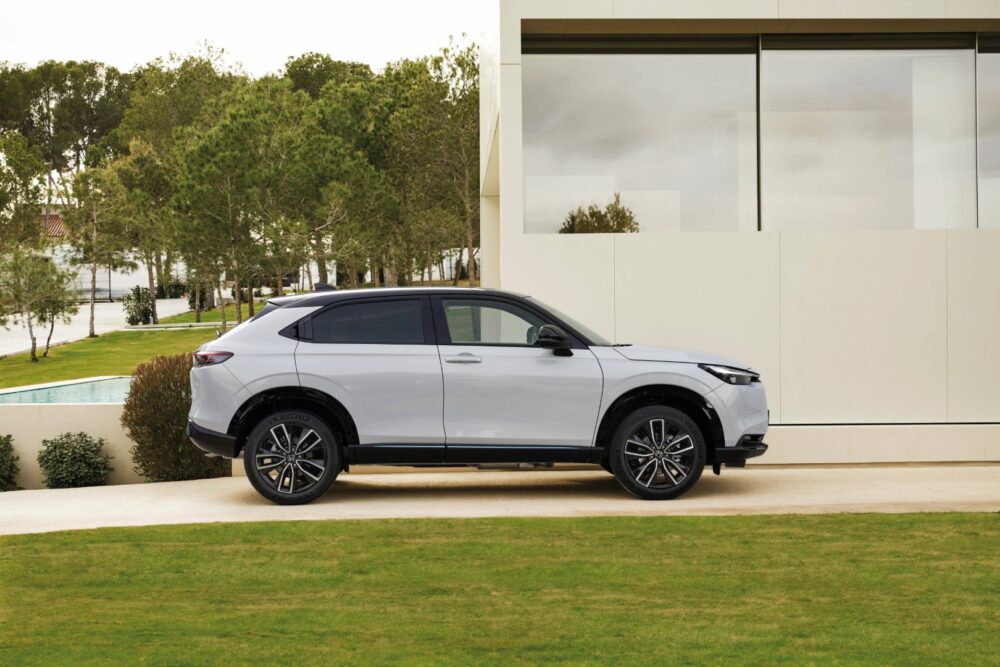Penalty payments: And where does that leave Switzerland?
BACKGROUND CO2 fines are unlikely for German automakers. This is the conclusion reached in a recent study by experts from the auditing and consulting firm PricewaterhouseCoopers. The reason: The PwC automotive experts do expect the overall European automotive market to slump by between around 25 and 30 percent in 2020 compared with the previous year. But this would primarily affect conventional [...]

The reason: PwC's automotive experts expect the overall European automotive market to slump by between 25 and 30 percent in 2020 compared to the previous year. But this will primarily affect conventional vehicle models and not e-vehicles.
Reason: The e-models coming onto the market this year were mostly ordered before the pandemic, because delivery times are still long due to comparatively low production capacities.
Corona crisis helps meet limits
Felix Kuhnert of PwC: "As a result, new registrations of e-vehicles will continue to grow strongly this year, topping 100,000 electric cars in Germany, for example. So the Corona crisis is practically helping to meet the CO2 limits."
Analyses from other industry experts
The auditing and consulting firm has thus come to a different conclusion than most previous analyses by industry experts. These often assume that many European automakers will miss their climate targets - and therefore have to pay drastic penalties.
Evaluation of the study by Auto-Switzerland
The statement of the importers' association Auto-Switzerland on the study: "The forecast that certain brands in the EU will not have to fear CO2 sanctions for the current year unfortunately cannot be transferred to Switzerland - quite the contrary.
On the one hand, the Swiss market comes from a higher CO2 level, which is mainly due to the topography-related higher all-wheel drive share and the lower diesel share than in the EU. But the high purchasing power here and the resulting desire for more safety and comfort features also play a role.
So the 95-gram target appears to be out of reach, even though only 85 percent of new cars will have to meet it this year."
Massive promotion for electric vehicles
In the second half of the year, however, the massive subsidies for electric vehicles in some EU countries in particular could become a problem for Swiss importers.
This is because manufacturers are more likely to deliver their e-models and plug-in hybrids to places where there are now high purchase bonuses. By the end of the year, for example, a German car buyer will receive a discount of almost 10,000 euros on an electric car that meets the criteria.
Unfair: In most Swiss cantons, interested parties do not receive a single centime in support.









